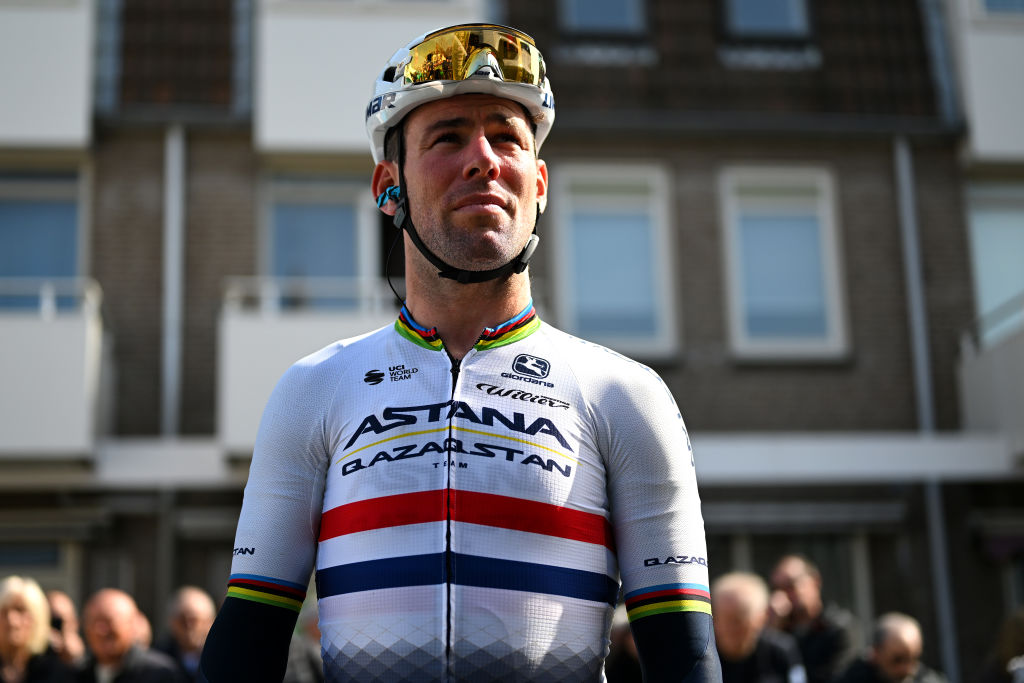Mark Cavendish has spoken at length about the personal problems and clinical depression that he faced during his struggles with the Epstein-Barr virus in 2018 and 2019, with doctors deeply concerned about his condition.
Cavendish spoke openly during the Netflix documentary called “Mark Cavendish: Never Enough” that will be released on August 2.
He is currently recovering from surgery after he crashed out of the Tour de France on stage 8, just a day after he finished second in the Bordeaux sprint and confirmed he had the speed to win a record-breaking 35th Tour de France stage win.
The Manxman was in Paris on Sunday and was expected to talk to Astana Qazaqstan team manager Alexander Vinokourov about his return to racing and the idea of racing on in 2024 and returning to the Tour de France. Vinokourov has already said he is open to making Cavendish an offer and appears ready to strengthen his lead-out train.
38-year-old Cavendish announced he would retire at the end of 2023 but may want to extend his career but may now opt to have a final swansong at the 2024 Tour de France.
He has already made a remarkable comeback from the Epstein-Barr virus, with the Netflix documentary revealing the full extent of his personal battle to return to full health and to race again.
Cavendish spoke at length during the 90-minute documentary about his mental health and how he overcame it with the help of family and specialist medical help.
“You don’t go from being the best in the world to not being even capable,” Cavendish said in the documentary. “How has it happened? It turned into stress at home. I was a nightmare to live with.”
“I didn’t have anything, didn’t want anything, didn’t do anything, didn’t feel anything,” Cavendish said of his clinical depression.
“You’re just fucking empty, you know. The sense of worthlessness. I’d lost any get-up that I’d ever had, just to be a person, be a dad, to be a friend, a husband.”
“I was a nightmare to live with,” Cavendish added. “Was I going fucking crazy? What the fuck was wrong with me?”
Fortunately, Cavendish reached out for medical help and worked with Dr Helge Riepenhof, the chief physician at BG Hospital in Hamburg, who was the T-Mobile team doctor where Cavendish raced during the early years of his professional career.
Via Dimension Data he also worked with Dr David Spindler, a cognitive neuroscientist, who now works with UAE Team Emirates.
“I made sure that the situation…
Click Here to Read the Full Original Article at CyclingNews RSS Feed…

